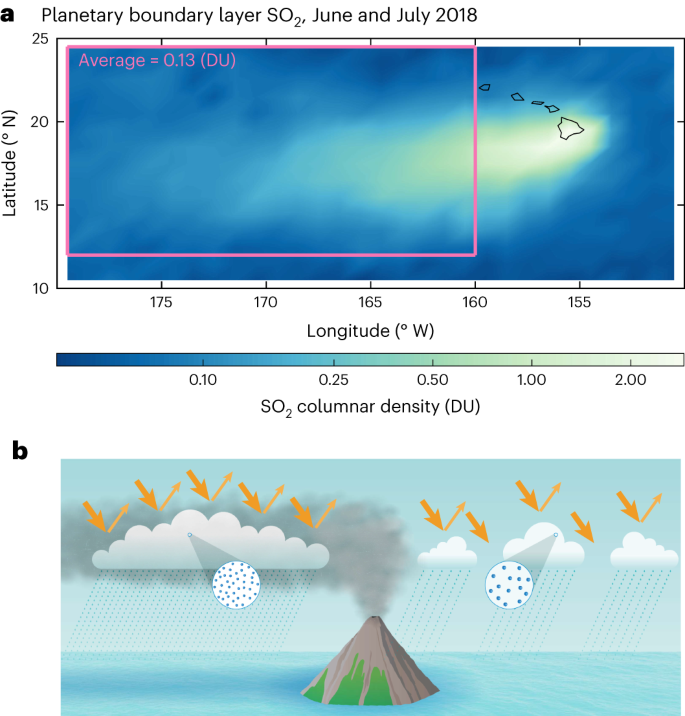2024-04-11 パシフィック・ノースウェスト国立研究所(PNNL)
<関連情報>
- https://www.pnnl.gov/publications/springing-simulations-forward-quantum-computing
- https://journals.aps.org/prx/abstract/10.1103/PhysRevX.13.041041
結合古典発振器のシミュレーションにおける指数関数的量子高速化 Exponential Quantum Speedup in Simulating Coupled Classical Oscillators
Ryan Babbush, Dominic W. Berry, Robin Kothari, Rolando D. Somma, and Nathan Wiebe
Physical Review X Published 4 December 2023
DOI:https://doi.org/10.1103/PhysRevX.13.041041
ABSTRACT
We present a quantum algorithm for simulating the classical dynamics of 2n coupled oscillators (e.g., 2n masses coupled by springs). Our approach leverages a mapping between the Schrödinger equation and Newton’s equation for harmonic potentials such that the amplitudes of the evolved quantum state encode the momenta and displacements of the classical oscillators. When individual masses and spring constants can be efficiently queried, and when the initial state can be efficiently prepared, the complexity of our quantum algorithm is polynomial in n, almost linear in the evolution time, and sublinear in the sparsity. As an example application, we apply our quantum algorithm to efficiently estimate the kinetic energy of an oscillator at any time. We show that any classical algorithm solving this same problem is inefficient and must make 2Ω(n) queries to the oracle, and when the oracles are instantiated by efficient quantum circuits, the problem is bounded-error quantum polynomial time complete. Thus, our approach solves a potentially practical application with an exponential speedup over classical computers. Finally, we show that under similar conditions our approach can efficiently simulate more general classical harmonic systems with 2n modes.


